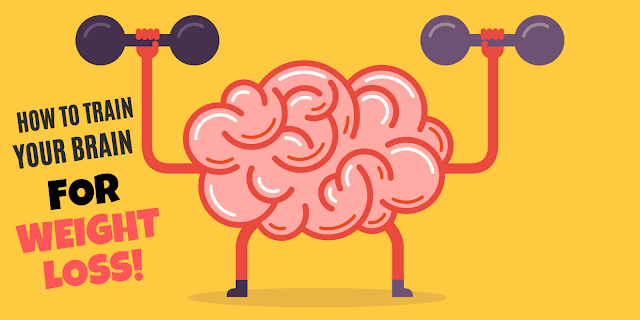Here are some ideas of how to get or keep your head in the game and maintain healthy habits
1. Distract yourself for a few minutes
When a craving crops up (must have that cheese pizza now), you don’t have to pick up your phone and place an order for delivery. Instead, quash it by doing something else. In a recent study published in the journal Appetite, participants viewed a menu of yummy-sounding foods in order to pique temptation. Those who moved onto a distracting activity—playing Tetris for three minutes or solving a puzzle—experienced fewer cravings and were more likely to choose fruit as a snack or a non-food reward over chocolate or candy compared to a control group. Distraction interrupts images in your head of these crave-worthy foods, so, well…you forget about them. You know the sure way to distract yourself: singing along with a favorite song, doing a quick chore that makes you feel accomplished, calling a friend, putting on some make up. Heck it would be fun to buy a fun puzzle JUST to use when you needed a distraction from unhealthy choices. Choose something you enjoy that will interrupt your thoughts of poor food choices.
That’s “diet.” People who are naturally slim don’t diet, say researchers at the Cornell Food and Brand Lab who have created the Global Health Weight Registry. In their study of nearly 150 participants, 74 percent said they never or rarely dieted. That doesn’t mean that they woke up to doughnuts and ended the day with a double scoop of mint fudge, because most of them said they paid attention to their eating habits. But rather that making daily healthy choices became a way of life instead of something they endured for a certain length of time.
3. Call out your emotions
Does snacking get in the way of your weight loss goals because the bag of chips is just too hard to resist? Try Functional Imagery Training (FIT), developed by researchers at Plymouth University in the UK, a new strategy where you imagine your health and weight loss goals in a vivid way (e.g. focusing on the immediate benefits of feeling good and recalling past triumphs where you said ‘no’ to that cupcake at work, imagine being proud of a weigh in at the doctor's office or happy about how your new jeans fit), which ultimately kicks the craving out of your brain and keeps you motivated. In a 2016 study, people who attended a session of FIT ate fewer junky snacks over the next two weeks compared to another group who started the trial later. By the end of the trial, both groups had cleaned up their snacking habits. Score!
5. Get health amnesia
Before you sit down to the table (please tell us you’re sitting down when eating!), ignore all thoughts of “that quinoa is good for me” or “that avocado has healthy fats!” Rather, eat to relish in the taste. In a study published in the Journal of the Association for Consumer Research, researchers discovered that people who think of a food as healthy also judge it as less filling—and then they scarf a bigger portion while still feeling hungry after. The fix? Think about how your meal is going to provide nourishment for your body and that satisfied feeling will return.
6. Instagram the deliciousness
Posting a pic on social media can help you enjoy your food more, per 2016 research in the Journal of Consumer Marketing. It’s the momentary delay between snapping a pic and digging in that tells your brain, “hey, you’re about to eat something special.” And yep, it works with more than just the burger and fries. Filling your social media accounts with like-minded healthy folks and sharing those snapshots of your salmon fillet and roasted Brussels sprouts can make them seem all the more tasty. These social media habits can help with your weight loss.
7. Tell the world
When I was training for the one and only marathon I ran, one of the strategies I heard was to "Claim it and proclaim it". In other words I wasn't to think or say "I'm thinking about maybe preparing for a marathon" but instead was to make it real by sharing loud and wide "I am running in a marathon on June 27 in Minnesota. I'm training for it now and my daughter and I are running it together." Something about saying it out loud to those you care about makes it all more real and all the more difficult to let it slip by the wayside as a dream that never happened. And yes this one worked for me. When you share your healthy living goals with those you care about and show a real passion and intensity about accomplishing things you will find not only do they admire your resolve they will lean in to help you make it happen.
So what is our healthy living challenge for this week?
Choose a "Keep your brain in the game" strategy listed here or any of your own - one for each day this week to strengthen your resolve to make healthy choices.









